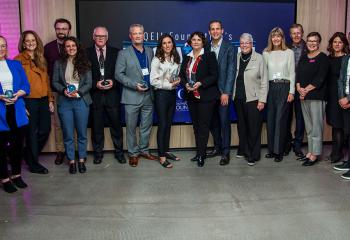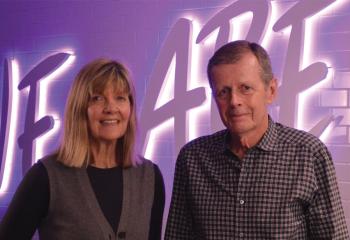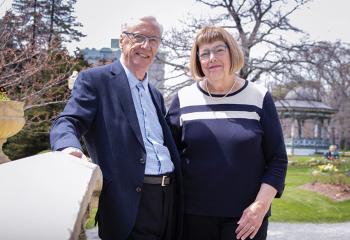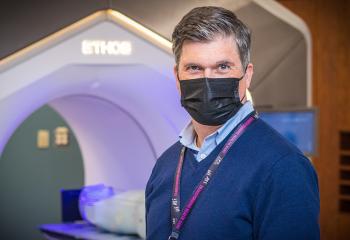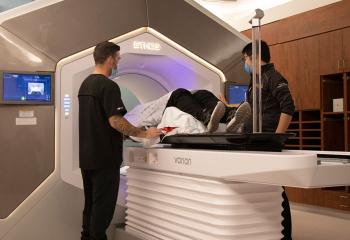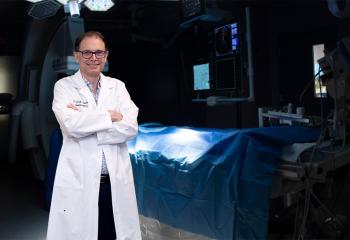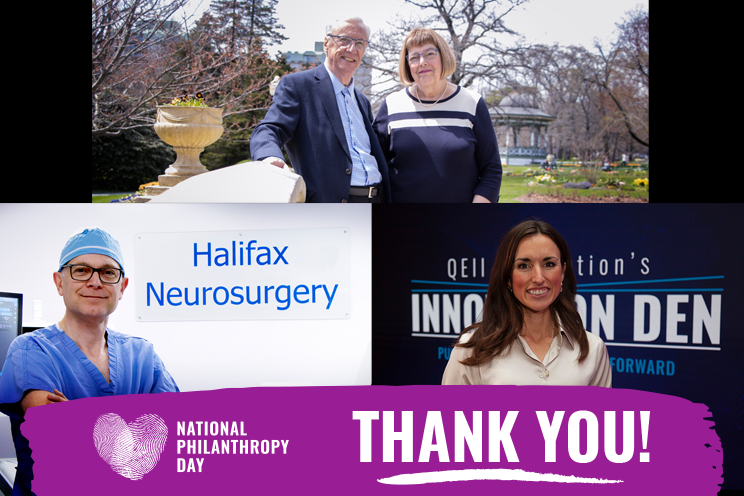
National Philanthropy Day (November 15) is an annual celebration of philanthropy – and the kindness and generosity of donors like you in our community. Your impact is felt every day throughout the QEII Health Sciences Centre.
At the QEII, philanthropy is the key to unlocking opportunities within the healthcare system that otherwise would not be possible. Treatment options that are not offered elsewhere in our region. Innovative advances that push the boundaries. Access to first-in-Canada equipment. And life-changing care that is only available at the QEII.
Across all areas of the QEII, from diagnostic imaging to mental health and addictions, to cancer care and neurology – your generosity is making a difference to the more than one million patients who visit the QEII each year.
In 2023-2024, donor generosity provided $12,287,007, supporting the purchase of equipment and technology, improving patient care, and enhancing research and education initiatives through the QEII.
For patients and their families, QEII healthcare providers and researchers, your support is personal.
Below, Tom Murdoch, Dr. David Clarke and Dr. Jennifer Johnston, who have all been personally impacted by philanthropy, share what donor support means to them.
A Canadian first: Tom Murdoch was part of cancer care history
In January 2024, the QEII made cancer care history in Canada using Ethos technology paired with HyperSight imaging to deliver Tom Murdoch's radiation treatment. Tom was the first patient in Canada to be scanned with the donor-funded technology.
The goal of Ethos and its accompanying research is unlocking fewer radiation treatments, better cancer outcomes and reduced side effects. Its capability to deliver precise treatment while responding and adapting treatment plans in real-time was just what Tom needed. And last May, Tom heard the words he'd been hoping for: "Your cancer has been successfully treated."
I am filled with extreme gratitude for the technology, for the healthcare team and for the community who stepped up to make it happen. It is profound to me that I was only able to experience this level of care because of caring donors. – Tom Murdoch
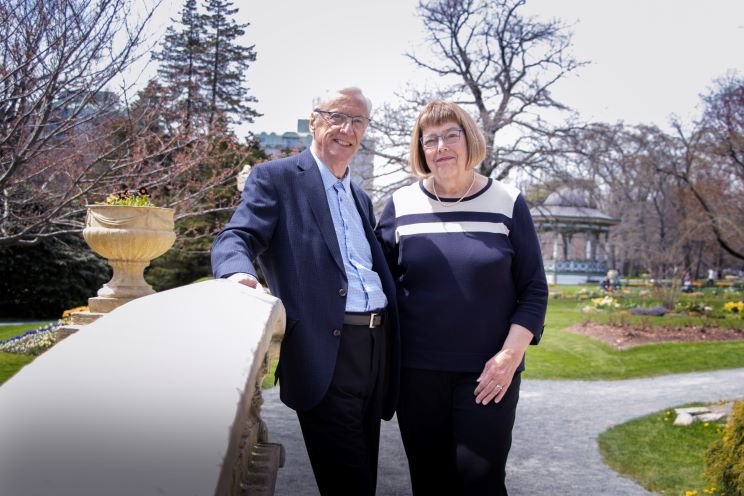
Delivering hope: A donor-funded neurological robot is changing what it means to live with epilepsy
Patients facing uncontrolled, debilitating seizures now have more hope for treatment because of donor support.
The ROSA One Brain System, an advanced surgical robot and the first of its kind in Atlantic Canada, will empower surgeons to pinpoint the source of seizures deep within the brain, potentially offering patients with epilepsy a cure.
The $1.13 million neurological robotics system was made possible through a charitable gift to the QEII Foundation by the late Clarence and Marjorie Anderson before their passing. QEII Legends like Clarence and Marjorie profoundly impact health care today and for generations to come when they choose to leave a gift in their will.
Using this neurosurgical robot will mean more people will have surgeries. It will be done in a safer way. It will increase our ability to positively alter the lives of many patients. This generosity will absolutely change lives. – Dr. David Clarke, QEII neurosurgeon
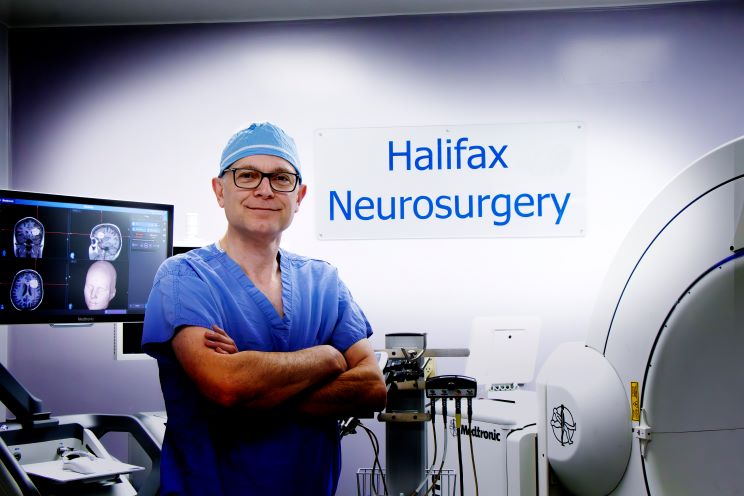
Learn more about the patients who will be impacted.
Pushing the boundaries: Donor support fuels healthcare innovation.
Last November, the QEII Foundation's inaugural Innovation Den brought forward some of the brightest local scientists spearheading brilliant ideas to push healthcare change forward. Taking a Dragons' Den approach, six finalists pitched their health-related business concepts and product ideas to a panel of Den judges based on scalability, evaluation and overall impact on clinical care and patient outcomes.
With support from lead donors John Hunkin and Susan Crocker and other generous donors, $200,000 in grants were available through the Innovation Catalyst Fund – providing funds for some of the brightest minds in medicine focused on healthcare transformation.
Dr. Jennifer Johnston was the inaugural and top-prize winner of our $100,000 Innovation Catalyst Fund grant, fueling her innovation of The Better Ring. This revolutionary contraceptive ring offers a non-hormonal, reusable solution — doubling as an emergency contraceptive.
Dr. Johnston shares that these crucial funds supported research studies, patent filings and preparation for regulatory testing of The Better Ring.
Donations like these are critical to advancing innovation and improving health outcomes. The more we can do locally, the better we can help patients in Nova Scotia and, hopefully, beyond. I'm incredibly grateful for this grant. – Dr. Jennifer Johnston
Read more about the Innovation Catalyst Fund and Dr. Jennifer Johnston's innovative project.
Did you know? In 2012, the Government of Canada signed the National Philanthropy Day Act into law, making Canada the first country to permanently recognize the annual day of recognition.
